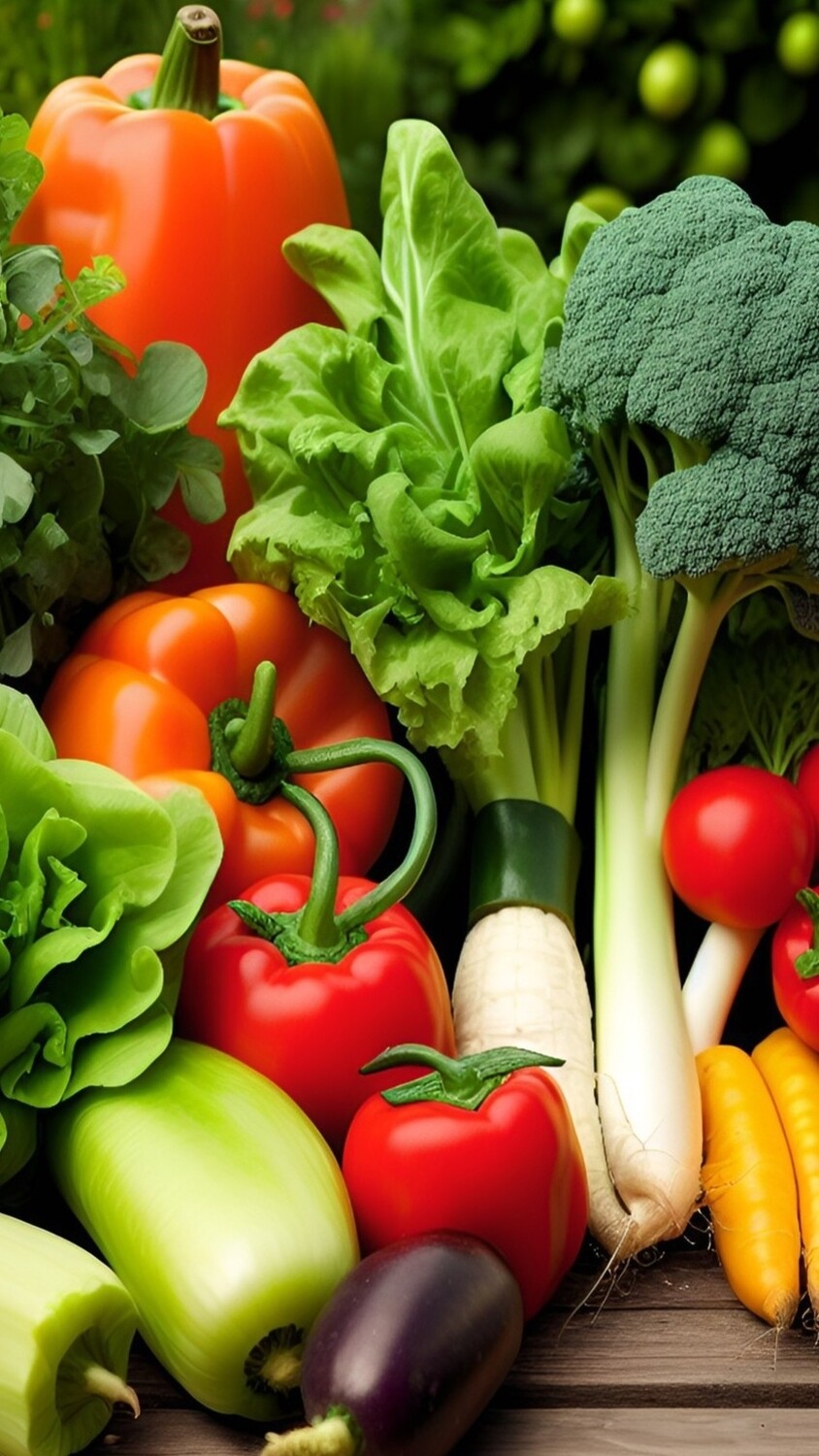Garden Crop Rotation
What is Crop Rotation and Why is it Important in Vegetable Gardening?
Crop rotation is a sustainable gardening practice that involves planting different types of crops in a specific order in the same garden bed over a period of time. This helps to maintain soil fertility, prevent disease and pest outbreaks, and improve the overall health and productivity of your vegetable garden.
One of the main benefits of crop rotation is that it helps to control soil-borne diseases and pests. When the same crops are grown in the same spot year after year, pathogens and pests can build up in the soil and attack future crops. By rotating crops, you can disrupt the life cycle of these pathogens and pests, making it harder for them to establish themselves in the soil.
Crop rotation also helps to conserve soil fertility. Different crops have different nutrient requirements, and some crops can deplete the soil of certain nutrients faster than others. By rotating crops, you can ensure that the soil remains well-balanced in terms of nutrients, which will help to support healthy plant growth. Crop rotation can also help to improve soil structure. When the same crops are grown in the same spot year after year, the soil can become compacted and lose its structure. This can lead to poor drainage and root development, which can negatively impact plant growth. By rotating crops, you can help to keep the soil loose and well-aerated, which will support strong root growth and healthy plant development.
When planning a crop rotation, it's important to consider the different types of crops you will be growing. Different crops have different nutrient requirements, growth habits, and disease and pest resistance, so it's important to choose crops that complement each other. For example, you might choose to rotate crops in the following order: legumes (such as beans and peas), root crops (such as carrots and beets), brassicas (such as broccoli and cauliflower), and nightshades (such as tomatoes and peppers).
Crop rotation is a simple and effective way to maintain soil fertility, control disease and pests, and improve the overall health and productivity of your vegetable garden. By incorporating this practice into your gardening routine, you can enjoy a bountiful harvest season after season.
